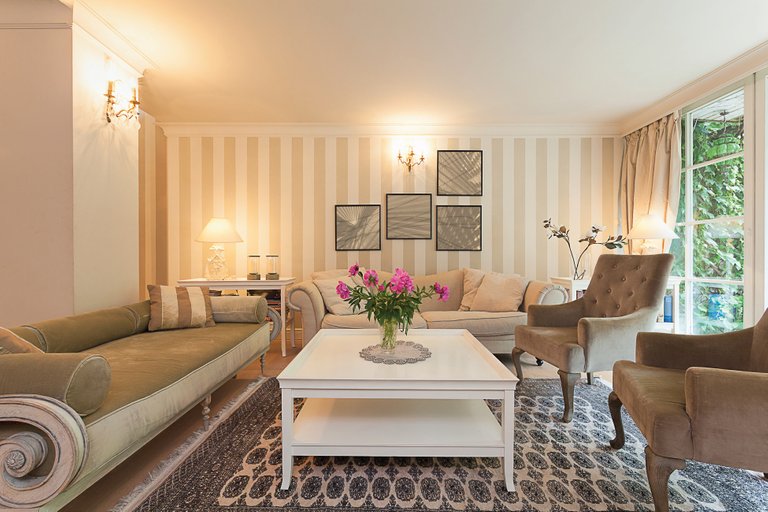Every one of us occupies space, we live somewhere and have a relationship with the space we occupy. However most of
us don’t really think very much about the most important environment we occupy, our homes and offices.
We readily tell people which country and city we live in. Perhaps which street and house number. It is unlikely though that we will go beyond that to explain which rooms we occupy and how they are organised in our house.
And why should we? But this means we rarely have the opportunity to reflect and think about it or consider why certain elements are what they are. We can all explain why we live in a particular city, or chose a particular road or house and
offer opinions on how the city traffic could improve. We should occasionally put our mind to thinking about how we use and occupy our more personal environment.
The issue taken from the point of view design is that too often the most important spaces in your life are not observed sufficiently. You need to notice, consider and ask why and how far more often. Your place of habitation tends towards
being an unintended collection of purchases or inherited objects that grow up around you without ever being considered as a whole. I know there are things in my parent’s house that haven’t moved for decades. And often the way you live around those spaces operates in the same way.
So why does this matter to us? Because if we are to make the most of our lives and how we enjoy or function every day we need to re-evaluate and update the context in which we live and work. You can rediscover your self and stimulate or calm your senses far more by altering your own environment, the spaces over which you have more control.
So what you need to do today, for the next 24 hours, think about everything you do in the space you live or work. From waking up to going to sleep, washing, eating, playing, working. Talking, watching, listening. Think about what you touch, what you hear, what you smell and see. Remind yourself of all the inputs that your senses receive, small and large, inconsequential and meanigful.
Feel your interior. How do you move through it, stand or sit in it. How do time and space and body interact. The moment you start to notice and remind yourself of the senses that your interior spaces engage, that you will start to think about how your body occupies your interior. How long do you spend in each space, which chair do you occupy and what do you see from there. Where do you spend most time and where do you spend least time. Where do your family and your
visitors spend time.
It is also important to remember that your interior space really connects with the outside – whether it is arriving in the car, walking across the yard and through the door or looking out of a window, the interior is a continuous experience
with the outside.
Once you have become more intimate with your surroundings and started to understand them better then you can start thinking about what is special, worth keeping or that creates your own identity and what needs altering and refining.
You can always copy someone else’s space but it will never be yours, and never have the intimacy and response to your
behavior. Taking inspiration and ideas and moulding them to your habits and preferences requires self reflection and an
honesty that can be difficult to realise or discuss.
So to conclude this little piece of reflection about the environment you inhabit, on this day you should seek to ask how
your mind and body interacts with the spaces you inhabit. Be conscious of it and be truthful. Then in the days that follow ask how can I improve the space, improve the interaction and improve the experience of my day, my space, my life. 
Congratulations @shykeys101! You have completed some achievement on Steemit and have been rewarded with new badge(s) :
Click on any badge to view your own Board of Honor on SteemitBoard.
For more information about SteemitBoard, click here
If you no longer want to receive notifications, reply to this comment with the word
STOP